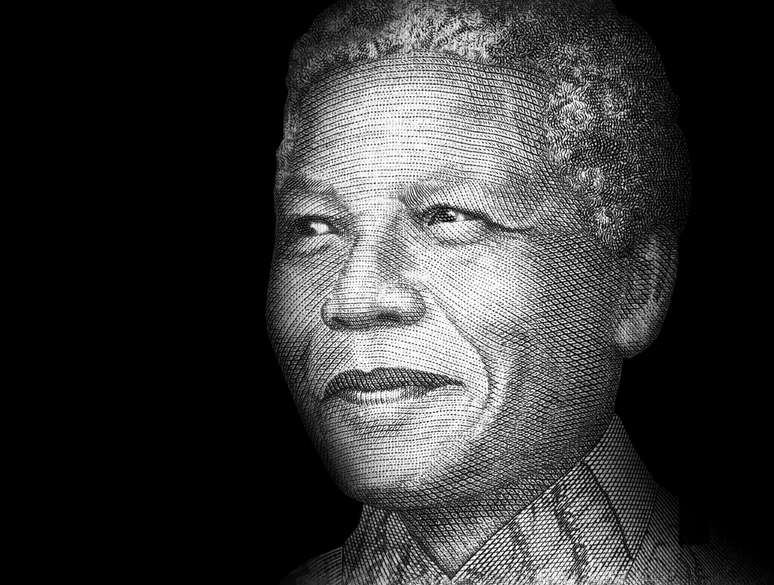Science tries to explain what the Mandela effect is, but the definition remains without conclusive evidence.
You know that lyric you always sang wrong, but you were sure it was right? And a famous person who you were sure was dead, but still lives nearby? This feeling may be related to the Mandela effect. The phenomenon refers to a situation in which a group of people believe that an event will occur, when, in reality, it did not exist.
What is the Mandela Effect?
The Mandela Effect occurs when we collectively remember something that never happened. These are usually historical events that differ from what actually happened. The term is linked to the false idea that Nelson Mandela died in prison in the 1980s, when in fact Mandela was released in 1990 and became president of South Africa.
The confusion over Mandela was what led the researcher to paranormal activity, Fiona Broome, creating the termalso in 2009. Broome realized that many people shared his feelings towards Mandela.

Main causes
It is not known exactly what the origin of the Mandela effect is, but it is certain that our brain has the ability to confuse itself. It is not always possible to remember everything we saw, much less add additional memory there.
One of the hypotheses about the Mandela effect is that short-term memories undergo changes in our brain. The organ, in turn, fills in the “pieces” that were missing to complete the memory.
Another theory on the cause of the Mandela effect is that our memory can be influenced and the memory arrives in the brain already modified.
There is also a thesis, linked to quantum physics, according to which the Mandela effect occurs when our reality intersects with other parallel realities.
A study published by the journal Psychological science on the Mandela Effect confirms that people have safe but incorrect visual memories of icons or famous people. “There are some images for which people consistently make the same false memory error,” the research states.
Mandela effect: examples
Examples of collective “memories” that fit the Mandela effect can be found in different areas of knowledge. It is common to think, for example, that New Zealand is above Australia, when in reality the country is below and to the right of the Australian continent.
In popular culture, the main character of the game “Monopoly” does not wear a monocle, as many think.
In the movies it’s no different. In “Star Wars: The Empire Strikes Back,” Darth Vader does not say “Luke, I am your father” – a phrase that has become popular among fans and appeared on T-shirts around the world. In fact, the character said, “No, I’m your father.”
With few explanations for the phenomenon, the Mandela effect continues to intrigue scientists and surprise people who find themselves wrong about certain topics. On her website the author of the term is categorical: “they are not false memories”.
Source: Terra
Ben Stock is a lifestyle journalist and author at Gossipify. He writes about topics such as health, wellness, travel, food and home decor. He provides practical advice and inspiration to improve well-being, keeps readers up to date with latest lifestyle news and trends, known for his engaging writing style, in-depth analysis and unique perspectives.








